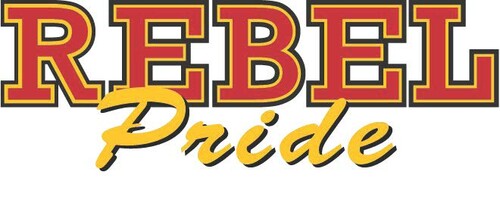W.R. Myers High School is committed to fostering a learning environment that values honesty, critical thinking, and intellectual growth. Academic integrity is essential to authentic learning and personal development. Plagiarism and unauthorized use of artificial intelligence (AI) tools undermine the educational process by preventing students from engaging in meaningful learning.
This policy establishes clear expectations for academic honesty, defines plagiarism and improper use of AI, and outlines the consequences for violations. It also recognizes that teachers may permit limited use of AI for specific purposes, such as idea generation or work revision, while maintaining the expectation that students complete work using their own knowledge and skills.
Definitions
Academic integrity refers to the commitment to producing original work that reflects a student’s own thinking, learning, and effort. Violations of academic integrity include, but are not limited to:
- Plagiarism – Representing another person’s work, ideas, or words as one’s own, whether intentionally or unintentionally.
- Cheating – Using unauthorized resources, including AI tools, during assessments or assignments where such assistance is prohibited.
- Fabrication – Falsifying information, data, citations, or sources.
- Collusion – Unauthorized collaboration with others on work meant to be completed independently.
Plagiarism and Proper Use of Sources
- Students must not claim someone else’s work as their own. This includes:
- Submitting another student’s work, in whole or in part.
- Copying and pasting text from the internet without proper citation.
- Using online tools to generate content and presenting it as original work.
- Students must not use someone else’s ideas without proper attribution. This includes:
- Failing to cite sources when incorporating facts, analysis, or arguments from another person.
- Paraphrasing someone else’s work without proper acknowledgment.
- If a student is unsure how to properly cite a source, they are responsible for seeking clarification from their teacher.
Use of Artificial Intelligence (AI) in Academic Work
- Using AI tools, in whole or in part, to generate academic work constitutes plagiarism. AI-generated content does not reflect the student’s own knowledge or critical thinking and therefore does not support authentic learning. This includes, but is not limited to:
- Having AI write an assignment and then rewording it.
- Partially completing an assignment and using AI to finish it.
- Inputting instructions or ideas into AI and submitting the output as original work.
- Students may only use AI tools with explicit teacher permission. If permitted, AI may be used for limited purposes such as:
- Generating ideas or brainstorming topics.
- Assisting with grammar, translation, structure, or revision of work already written by the student.
- Students must disclose when AI has been used in any aspect of their work or as part of their writing process. Failure to do so will be considered a violation of academic integrity.
- Teachers will determine when and how AI use is appropriate based on course objectives and assessment requirements.
- Teachers may require students to complete work on certain platforms or at certain times to ensure that the product being produced is the authentic work of the student
Accountability and Consequences
- Students who violate this policy will be subject to academic consequences, which may include:
- Requirement to redo the assignment or another assignment to demonstrate the learner outcome
- Receiving a failing mark on the assignment (until authentic learning is demonstrated).
- Further disciplinary action in cases of repeated or severe violations.
- Teachers will educate students on proper citation and responsible AI use to support academic integrity. Teachers may use tools to track creation of assignments or evaluation of final products to determine whether AI tools were used.
- The principal or designate will oversee the enforcement of this policy and address concerns related to academic dishonesty.
